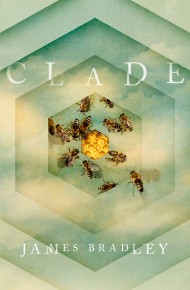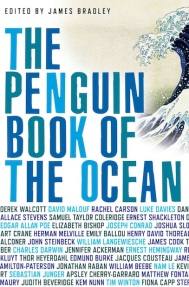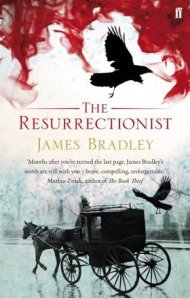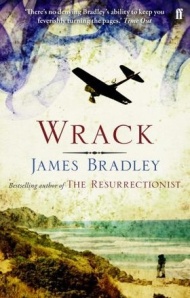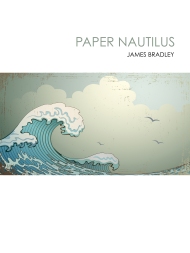Clade: a definition and some quick thoughts on titles
Titles are incredibly important. Partly that’s because they’re the first element of a book the reader experiences, and the one that’s most likely to stick in their memory. But it’s also because when they’re working well they’re not just a name, they’re an integral part of the book as a whole, bringing together its ideas and themes in a single word or phrase and, with luck, suggesting something of the feel and texture of the book or story.
For me they usually arrive early in the process. With my novels Wrack and The Resurrectionist I had the titles almost from the outset, and in both cases they played an important part in helping me imagine the shape of their narratives as they evolved.
Yet even if they don’t arrive until a story is well underway you always know when the right one appears, because the minute you have it you can feel the way the book begins to coalesce around it.
Clade was this second kind of title. Perhaps because its subject was so large, perhaps because it was made up of discontinuous sections spread over almost 70 years I was halfway through the first draft before the title came to me.
Once it did though, I knew it was perfect. Technically speaking “clade” is a biological term, describing a group of organisms that share a common ancestor, so in a very simple sense it captured the novel’s focus on one couple and their descendants. But it also seemed to me to speak to the book’s interest in the transmission of memory and meaning through time in a larger sense, and, perhaps just as importantly, its interest in extinction and loss and the ebb and flow of life more generally.
Equally importantly though there was something serendipitous about the word itself. Given the way the story moves from the present into the future there seemed to me to be a sleek and slightly chilly edge to the word, a sense in which it captures something of the strangeness and otherness of the world to come. But equally it seemed to evoke the word “glade”, a word that came replete with associations of beauty and mystery and, perhaps most importantly, the sacred, associations that were only deepened by the fact biologists sometimes describe a clade as a single branch on the tree of life (the word itself comes from the Ancient Greek word, klados, which means branch).
I think – I hope – the novel itself captures some of this: part of the reason I decided not to define the word in the book was because I wanted to preserve some of this sense of mystery and strangeness. But more importantly I hope readers respond to the questions about time and memory and survival the book is grappling with, because they are question we all need to come to grips with if we are to preserve the world we inhabit.




